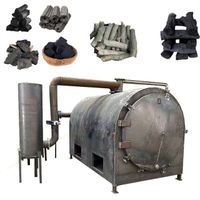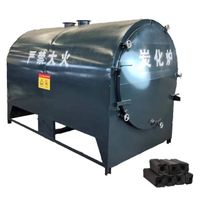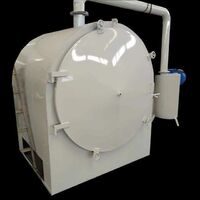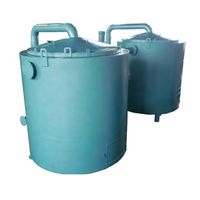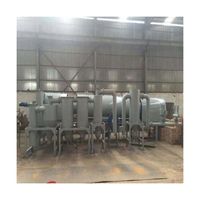Coconut shell indirect heating carbonization activation furnace straw waste activated carbon charcoal manufacturer
- $5555.00 / 1 - 1 sets
$5447.00 / >=2 sets - 1 set
- Taeda Control (zhengzhou) Technology Co., Ltd.
- Henan, China
- Ms Sophie Taeda
PRODUCT DETAIL
| payment terms: | Letter of Credit, Telegraphic Transfer, MoneyGram | Showroom location: | not any |
| Weight (kg): | 3000 | Applicable industries: | Building Materials Store, Construction Engineering, Energy & Mining |
| Exhaust gas: | Energy-saving carbonization furnace | Raw materials: | Rice husk, charcoal, coconut husk, activated carbon |
| place of origin; place of origin: | China | Carbonization time: | 6-8 hours |
| strength: | 5.5-75Kw | Core components: | PLC, gearbox, motor, gear |
| Marketing Type: | New Products 2020 | Mechanical test report: | if |
| Core Components Warranty: | 1 year | Carbonization rate: | 88%-99% carbonization furnace |
| temperature: | 800-1000 degrees | Effective volume: | 10 cubic meters |
| Main selling point: | high productivity | Dimensions (L*W*H): | 12M3 |
| Equipped with: | Cooling unloader | Finished goods: | Charcoal, activated carbon |
| capacity: | 300-6000kg/hour | brand: | Zoomlion TEDA |
| color: | customer request | Warranty: | 2 years |
| Video external inspection: | if | Install: | under the guidance of a technician |

Taeda TDICA series external heating activation furnace is developed on the basis of foreign advanced technology. It can be used to activate charcoal produced from biomass and coal. Depending on the application conditions, it can be used for carbonization and activation purposes. TDICA series activation furnace consists of air lock feeding device, rotary furnace, external heating chamber, heating device, cooling discharge device and exhaust gas treatment device.
The raw materials are sent to the activation furnace after pretreatment, and steam and protective gas are sent simultaneously. The raw materials are thoroughly mixed by a special device installed in the furnace. The working temperature can be adjusted flexibly. The combustible gas generated during the activation process is discharged from the furnace tail. For this series of external heating activation furnaces, the whole process from feeding to discharging is controlled by an automatic control system, which can reduce labor intensity and keep the quality of final products stable.





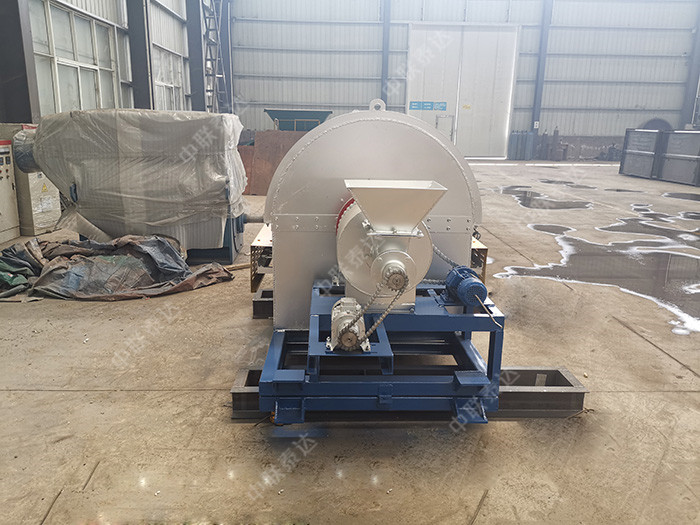












VIEW MORE
YOU MAY LIKE


